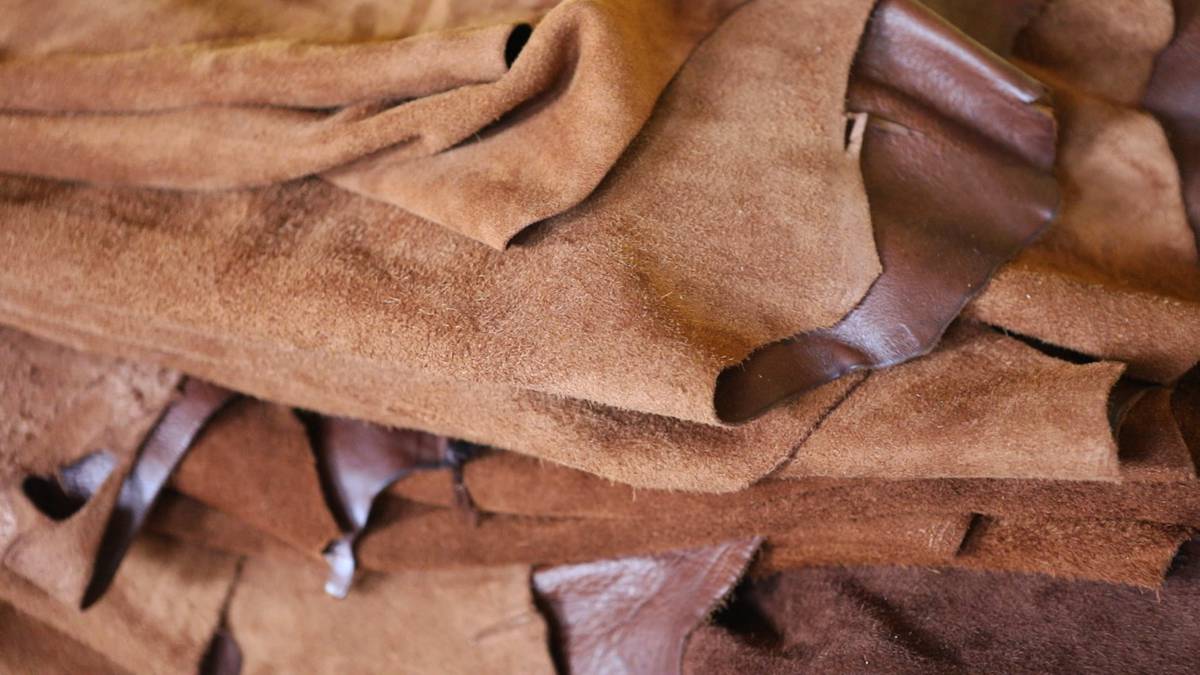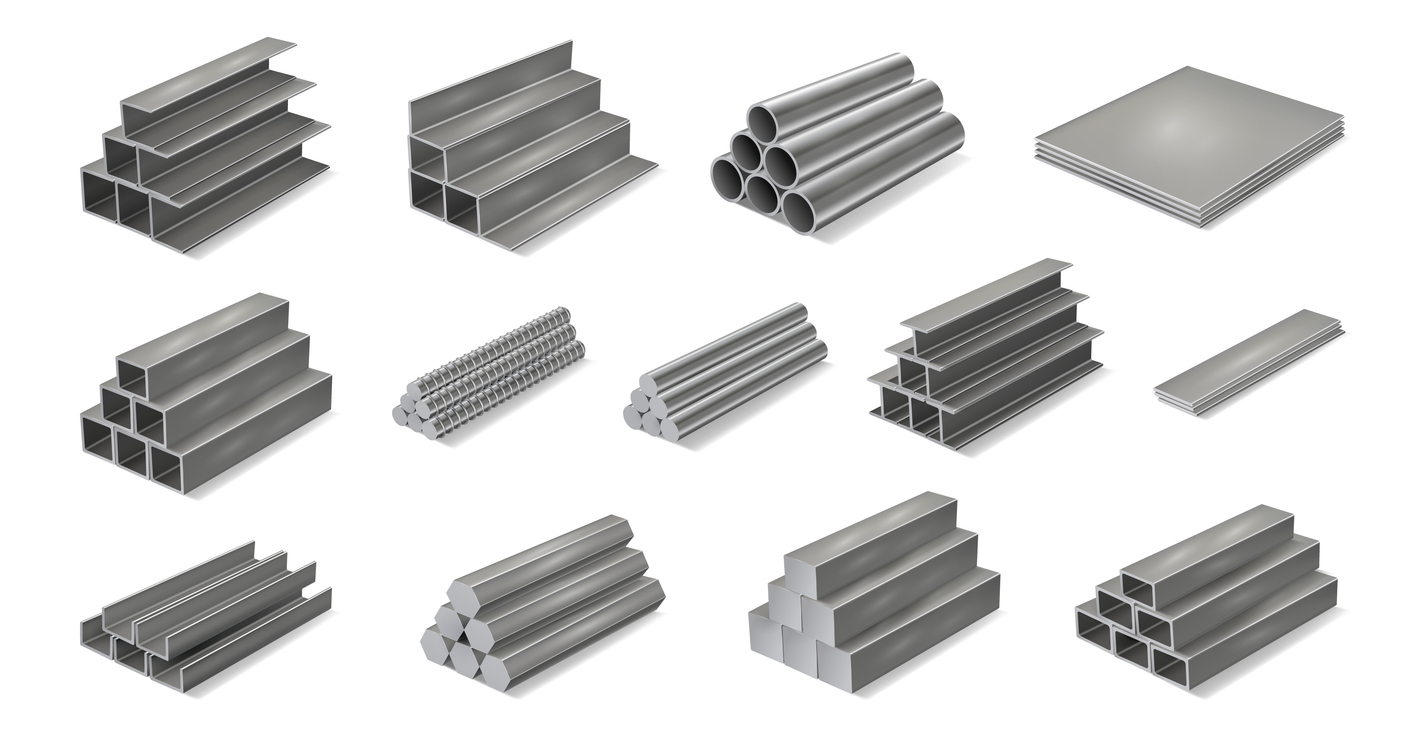How to Buy and Export Leather to Europe from Nigeria
How to Buy and Export Leather to Europe from Nigeria
Nigeria is the second-largest exporter of raw hides and skins in Africa. The country also has a thriving leather processing industry, with nearly 100 tanneries located throughout the country. Exports of Nigerian leather account for more than 25% of all raw hides and skins exported from Nigeria. Unsurprisingly, given the prevalence of tanneries, leather plays a significant role in the economy of several individual states – particularly Edo, Oyo, and Lagos. However, exporting leather from Nigeria to Europe can be tricky. Raw hides and skins must meet a range of quality standards before they can be exported legally from any African country to EU member states. With that in mind, this article will explain everything you need to know about how you can buy and export leather to Europe from Nigeria.
What is the Process for Exporting Leather from Nigeria?
Before we get into the specifics, let’s start with a high-level overview of the process for exporting raw hides and skins from Nigeria. The process for exporting finished leather products will be very similar, although there may be additional regulations you’ll need to meet. First, you’ll need to figure out which products you’d like to buy. You can do this by contacting different tanneries in Nigeria. In addition to contacting individual tanneries, you may also want to attend leather exhibitions in your area. This will allow you to meet with a wider variety of suppliers in one place. Next, you’ll need to decide on an appropriate payment term. This will depend on your budget, the type of leather you’re purchasing, and the terms of your agreement with the tannery. Once you’ve finalized terms with a supplier, you’ll need to conduct a due diligence inspection of the leather products. During this inspection, you’ll need to make sure that the leather products meet the appropriate quality standards for export to the EU. Once you’ve completed these steps, you can file an export declaration. This will allow you to begin the export process, which will take approximately 30-45 days.
Requirements to Export Raw Hides and Skins to Europe
Any raw hides or skins intended for export to the EU must undergo a tanning process. This is to ensure that the hides and skins don’t pose a health risk to those handling and using the leather products. In addition to being tanned, raw hides and skins intended for export to the EU must meet the following quality standards: – Raw hides and skins must be from healthy animals that were handled ethically. – Raw hides and skins must be free from harmful contaminants, such as pesticides and heavy metals. – Raw hides and skins must be free from diseases. – Raw hides and skins must be free from harmful microorganisms. – Raw hides and skins must be free from any chemicals used in the tanning process. – Raw hides and skins must be free of chemicals that are used to stop these products from decaying.
How to Find Reputable Suppliers of Nigerian Leather
As you browse through potential suppliers, you’ll want to make sure that they produce high-quality leather. To do this, there are several things you can look for. First, you’ll want to ensure that the tannery is up to code. This can be done by checking whether or not the tannery is certified by the Nigerian Export Promotion Council (NEPC). In addition to visiting the tannery, you’ll also want to take a close look at the raw hides and skins you receive from the supplier. You can do this by examining the products for defects. This will allow you to determine whether or not the hides and skins meet the quality standards outlined in the previous section.
How to Export Raw Hides and Skins From Nigeria to EU Member States
Now that you’ve found reputable suppliers and made sure that the raw hides and skins meet the necessary quality standards, it’s time to export them. Exporting raw hides and skins from Nigeria to EU member states requires a valid export license. You can apply for this license through the Nigerian Export Promotion Council. To apply, follow these steps: – Visit the NEPC website and download the application form. – Fill out the form and include details about the products you intend to export. – Attach copies of the raw hide or skin certificates. – Drop off the application at the nearest NEPC office. – Once your application has been processed, you’ll receive a license.
How to Export Finished Leather Products to Europe From Nigeria
As mentioned earlier, you’ll need to meet different requirements to export finished leather products from Nigeria to EU member states. Generally, this involves making sure that the products were manufactured with tanned hides and skins. As far as the raw hides and skins are concerned, you can use the same ones that you used to export raw hides and skins. In addition to meeting the requirements for raw hides and skins, finished leather products for export to the EU must also meet the following specifications: – Finished leather products must be manufactured with tanned leather.
Wrapping up
At this point, you’ll have everything you need to buy and export leather from Nigeria to Europe. Now it’s time to put your knowledge into practice. Browse through potential suppliers and find the product that best suits your needs. Once you’ve found the product that’s right for you, make sure to apply for the necessary licenses and conduct due diligence. Finally, you can begin the export process. This process will take 30-45 days, so be sure to plan accordingly.








LEAVE A COMMENT
You must be logged in to post a comment.